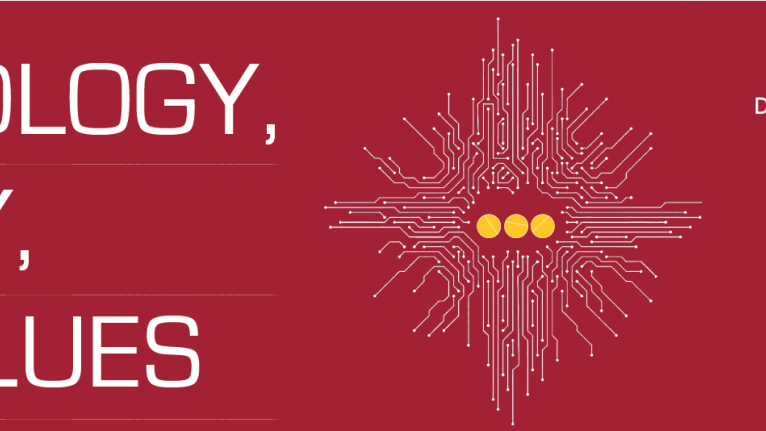Saturday, February 22 | 9:30am - 3:00pm
Doheny Library, DML 241
While autonomy is a feature of much organic life, it is perhaps the defining feature of human existence. It is also, however, a distinguishing facet of much recent technology; a new cohort of artificially intelligent machines, systems, and agents that operate increasingly without human intervention. The most conspicuous examples include driverless automobiles, autonomous weapons, social media bots, assistive robots, and devices comprising the Internet of Things. But all algorithmically-automated systems with which we now engage are self-governing to a degree. In what ways might the increased autonomy of these systems affect our own agency? How might our use of such systems impact how we function as humans? Or how we see ourselves as human? How might they alter our dynamics with each other?
Join us for a day of discussion about our past, present, and future relationship with autonomous technologies. In a series of panels, faculty from computer science, engineering, robotics, the humanities, and the social sciences will reflect on the applications, ethics, and history of these systems.
PANEL I: Encoded Stories: Autonomous Tech and the Popular Imagination
Jennifer Cool, Anthropology, USC
Tok Thompson, Anthropology and Communication, USC
Discussant: Curtis Fletcher, Sidney Harman Academy, USC Libraries
PANEL II: Modeling Humanity: Robotics and Multi-agent Technologies
Stefanos Nikolaidis, Director of the Interactive and Collaborative Autonomous Robotic Systems Lab, Viterbi, USC
Jonathan Gratch, Director for Virtual Humans Research, USC Institute for Creative Technologies
Discussant: Sharon Lloyd, Philosophy, USC
PANEL III: Whose Autonomy? Data, Privacy, and Programmed Surveillance
Kelly Gates, Communication and Science Studies, UCSD
Simone A. Browne, African and African Diaspora Studies,
University of Texas, Austin
Discussant: Tara McPherson, Cinematic Arts, USC

